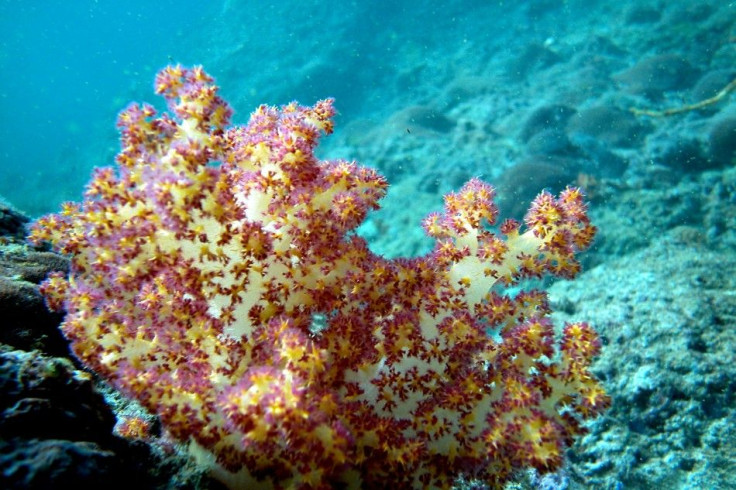Ocean Acidification Worst Seen in 300 Million Years

Increased carbon emissions caused the worst ocean acidification in 300 million years, according to new research. Oceanographers warned that unless technical or policy changes reduced acidification, species such as coral reefs, oysters and salmon could be lost forever.
World carbon emissions totaled 33 billion metric tons in 2010, the last year numbers are available, according to the Carbon Dioxide Information Analysis Center, a U.S. governmental organization that tracks carbon dioxide emissions. Emissions have increased steadily since 1978, when record keeping first began.
The ocean absorbs much of the carbon emitted into the air. Carbon reacts with water to form carbonic acid, which causes the ocean to become more acidic, scientists said.
Typically, sources such as rock weathering neutralize acids found in oceans. However the amount of carbon dioxide being deposited into the oceans is too high for acids to be neutralized, according to the study.
Researchers found the ocean's pH, the measurement of the acidity of a liquid, fell by .01 to 8.1 over the last hundred years, indicating an increase in ocean acids. Researchers have never measured such a high level of acidity, the authors wrote. Acidification is happening faster in the current era than in 300 million years and as carbon emissions increase, acidification will only get worse, the researchers concluded.
What we're doing today really stands out, Barbel Honisch, lead researcher and a paleoceanographer at Columbia University, told Science Daily. We know that life during past ocean acidification events was not wiped out - new species evolved to replace those that died off. But if industrial carbon emissions continue at the current pace, we may lose organisms we care about.
Ocean acidification challenges species such as coral that build body parts with calcium carbonate, a basic chemical compound that dissolves in acidic environments. Entire reefs could be destroyed if acidification isn't stopped, the authors wrote.
The only time period resembling what researchers are seeing now came 56 million years ago during the Paleocene-Eocene Thermal Maximum (PETM) - a time period when temperatures rose 11 degrees Fahrenheit (6 degrees Celsius) over a span of 20,000 years from an abrupt release of carbon, according to the study.
Nearly half of all deep-sea creatures went extinct during the PETM, the authors wrote. This would have triggered a cascade effect, hurting organisms higher on the food chain. The PETM could be an indicator of what will happen in the not-too-distant future, the authors wrote.
The current level of carbon dioxide emissions stands out as capable of driving a combination and magnitude of ocean geochemical changes potentially unparalleled in at last the last 300 million years of Earth history, raising the possibility that we are entering an unknown territory of marine ecosystem change, the authors wrote.
Science published the study online on Friday.
© Copyright IBTimes 2024. All rights reserved.





















